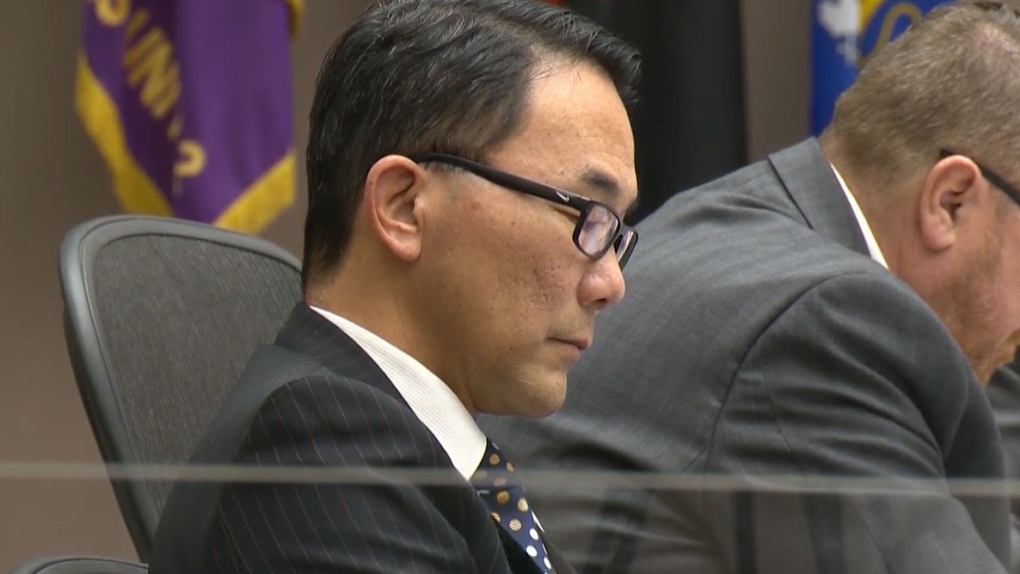ByeByeBaby
Active Member
Here's a couple of (very different) interesting election thingies:
This episode of The Strategists podcast is great if you have any interest in political strategy -- it's a full hour of Stephen Carter* (Gondek's campaign manager and chief of staff, also Nenshi 2010 campaign manager) talking behind the scenes of the campaign. Key notes include that the Gondek campaign was really low on cash at the end, that Davison could have won, that the crucial date in the election was June 15, and that the Nenshi campaign looked at a certain Skyscraper forum back in the day as a leading indicator.
This visualization of election results by polling station, shown below is Gondek vs. Farkas vote ratio.

This episode of The Strategists podcast is great if you have any interest in political strategy -- it's a full hour of Stephen Carter* (Gondek's campaign manager and chief of staff, also Nenshi 2010 campaign manager) talking behind the scenes of the campaign. Key notes include that the Gondek campaign was really low on cash at the end, that Davison could have won, that the crucial date in the election was June 15, and that the Nenshi campaign looked at a certain Skyscraper forum back in the day as a leading indicator.
This visualization of election results by polling station, shown below is Gondek vs. Farkas vote ratio.
Carter is also someone who believes vote splitting isn't a thing, and also someone married to Heather McRae, one of the three ward 7 progressives who got 23, 21 and 15 percent of the vote and lost to Terry Wong's 25%





